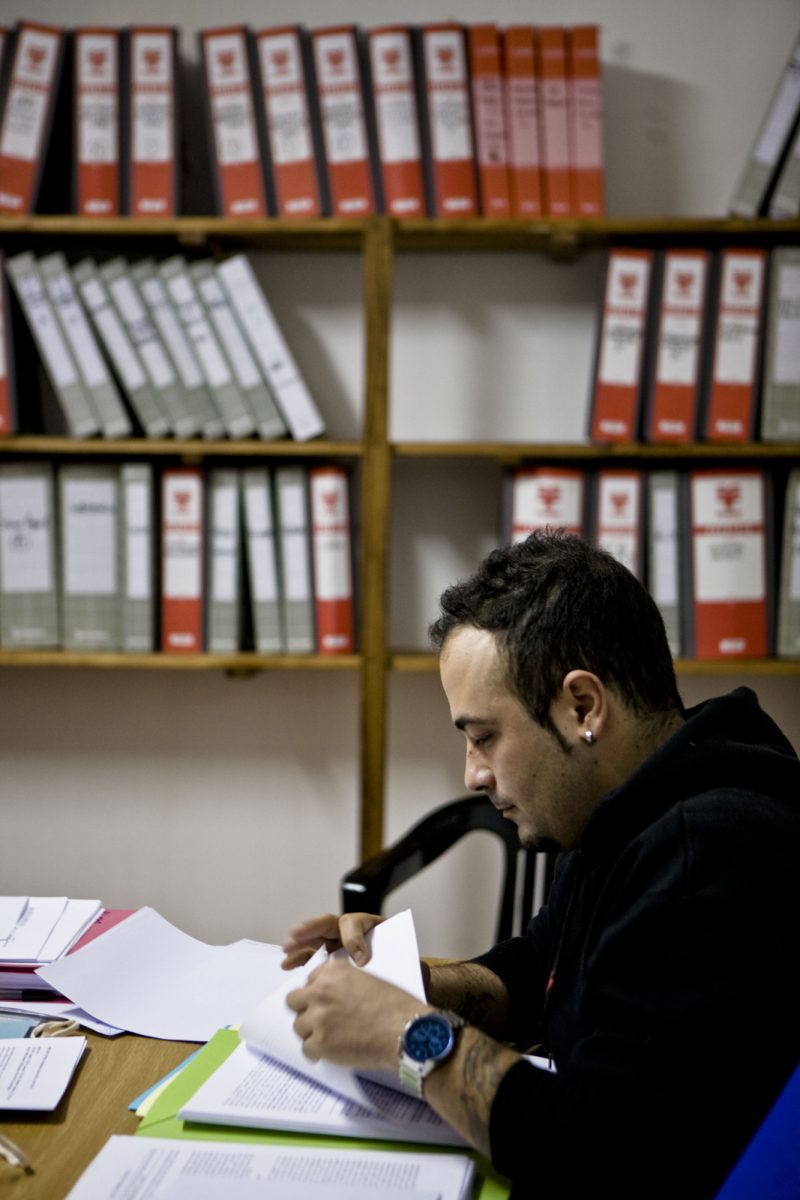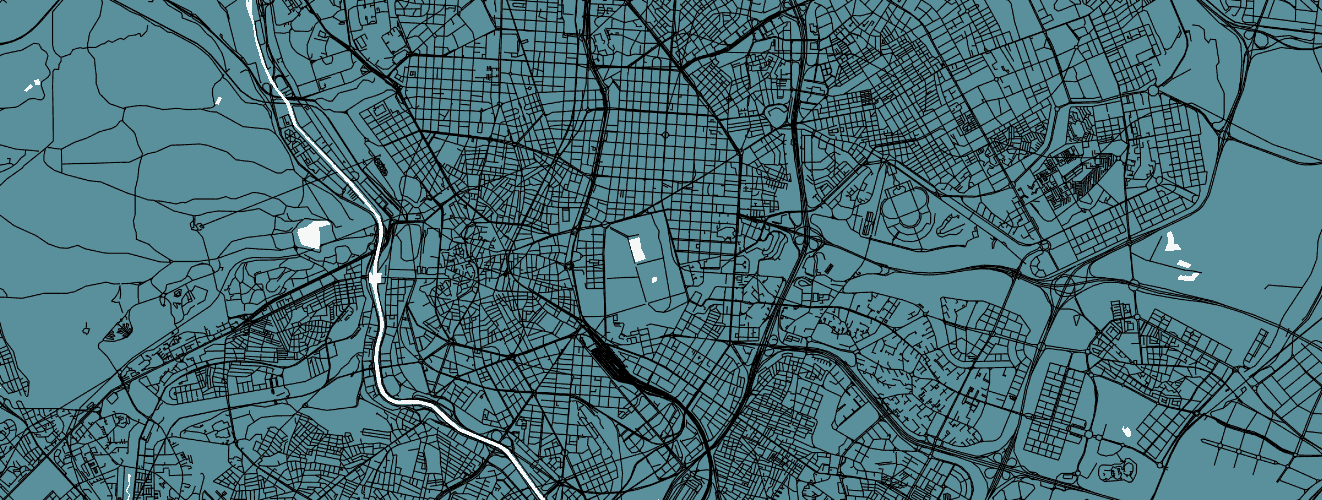Analysis: Legal frameworks
Legal definitions of crimes are an important value that frame the actions of public bodies and civil society alike. At the same time those definitions often provide concepts for public and media discourse including the basis for many statistics: What statistics about police work could there be without legal definitions? What definitions of corruption are relevant surveys based on? When it comes to contested themes like Nazis or mafias this kind of mechanism is of particular importance seen that legal language ends up structuring political discourse and possible courses of action by civil society. For instance, German law enforcement agencies operate with a definition of 'organised crime' from the early 1990ies. Can this still generate useful data and actions today? Or, if definitions of mafia-type criminal organisations from the Italian penal code would be applied in Germany, how would our perception of reality change? Documents from Italy, Germany, and further afield are collected here in the hope to provide an overview of the status-quo, as well as to stimulate debate.

Definitions of Mafia
The German penal code (Strafgesetzbuch) does not provide a specific defintion of a mafia-type criminal organisation. Article 129 StGB defines the forming of criminal organisations, whilst Article 129a StGB defines the forming of terrorist organisations.
The Italian Codice Penale (Penal Code) provides a defintion of a mafia-type criminal organisation in Articel 416 bis (Italian original). Central to the argument is that the very existence of the organisation constitutes an intimidation which can lead to submission and silence (omertà), English summary can be dowloaded here.
Article 2 (a) of the so-called Palermo Convention (UN Convention against
transnational organised crime) provides a short definition of what is defined as an organised criminal group for the purposes of the Convention; tri-lingual download here.
Systems of penal confiscation
There are great differences between EU member states in their systems of confiscation of objects and rights as part of penal procedures. A report to the European Parliament on questions of social reuse of confiscated assets from 2012 underlines this (download hier). In 2014 the European Council and the European Parliament have agreed Directive 2014/42/EU on the freezing and confiscation of instrumentalities and proceeds of crime, which was to be implemented in national law by October 2016.
Civil society demands concerning the planned reform in Germany
On 5 September the Federal Government presented its draft bill on the reform of the system of penal confiscation in Germany (BT Drucksache 18/9525, only German version available). Regarding this draft bill a number of civil society organisations presented recommendations demanding that the Bundestag lay the base in this bill to develop a system of social reuse of confiscated buildings in Germany
Download the recommendations here.
Thus far the following organisations support these demands:
Echolot - Projekte für demokratische Kultur, gegen Mafien e.V.
Amadeu Antonio Stiftung, www.amadeu-antonio-stiftung.de
KOK - Bundesweiter Koordinierungskreis gegen Menschenhandel e.V., www.kok-gegen-menschenhandel.d...
Bundesverband Mobile Beratung e.V., www.bundesverband-mobile-berat...
Bundesverband Freie Darstellende Künste, www.freie-theater.de
Mafia? Nein Danke! e.V., www.mafianeindanke.de
.lkj) Landesvereinigung kulturelle Kinder- und Jugendbildung Sachsen-Anhalt e.V., www.lkj-sachsen-anhalt.de
Lola für Demokratie in Mecklenburg-Vorpommern e.V., www.lola-fuer-lulu.de


